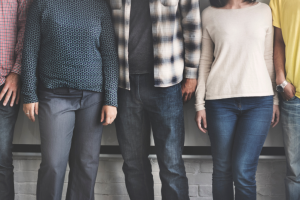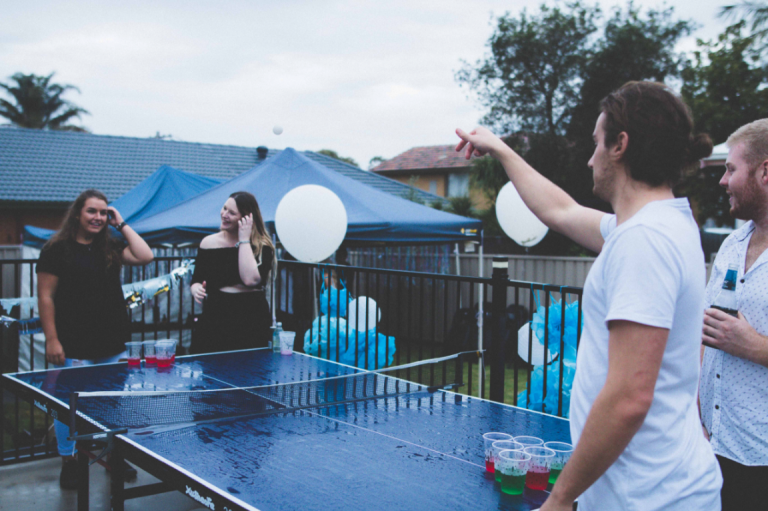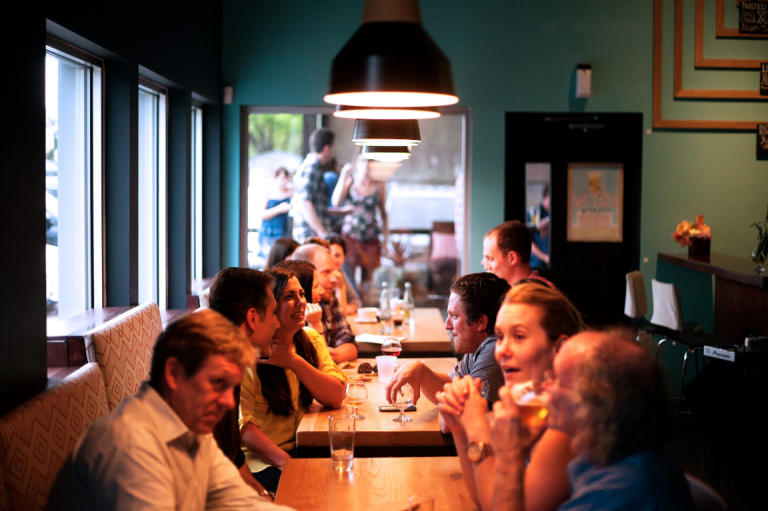The terrible fear behind social phobia

If you are a person with some sort of social phobia, then most people don’t realise just how much you suffer. Speaking in public doesn’t just make you nervous, it sends you into a real panic. When you’re in a group you think that everyone is looking at you. You’re convinced they think you’re a laughing stock, and that you shouldn’t even be there. You wish you were back home instead of in this horrible situation.
But all this doesn’t happen to you only when you are in a social situation. The very thought of having to go to a party or a meeting makes you nervous. You go over the excuses you can think of just to try and avoid going. You’d give anything to be able to escape, but what can you do about it?
“The man who is afraid without danger invents danger to justify his fear”
-Alain Emile Chartier-
What is social phobia?
First, let’s consider what a phobia actually is. Phobias are, essentially, intense fears about specific stimuli or situations. This fear is, of course, irrational. It invades you despite there not being any real danger. You feel it when you shouldn’t, and to a much greater extent than you should. As a result, it interferes totally unnecessarily with our normal day-to-day life.
Situations of social interaction are where social phobia manifests itself. And since we live in constant contact with other people, it is quite normal for our day-to-day lives to be affected quite drastically.
If on the other hand, we are affected by another type of phobia, like a fear of spiders or snakes, then we could simply move to a place where we wouldn’t see any, to a city for example. We wouldn’t have the fear on a daily basis, as we would a social phobia. The difference is clear.
The fact is that we can all get nervous when we meet new people or when we are about to perform some sort of public address. But once we’re there and in full flow then we usually enjoy the experience. However, this does not happen to people with social phobia, and their behavior will be adversely affected by the experience. Sadly, this will actually strengthen the power of the phobia.

How do the cognitive biases of people with social phobia work?
It is very important to emphasize that this phobia has a considerable influence on what and how we think. Let me explain. On the one hand, there are cognitive biases, which are the ways that our brain has to process the information we experience around us.
People with social phobia tend to be more sensitive to whether others are looking at them or not. Their own bodies clearly show the discomfort they are feeling in the form of blushing, a trembling voice, etc. As a result of this, people around them tend to judge them negatively.
Not only that, they recall all the negative moments of these situations which are amplified in their minds. This leads to them considering any new social situations in a very negative manner too.
“Fear is always willing to see things worse than they are”
-Livio-
Let’s take an example. A person with social phobia will be more sensitive to the gestures of other people when talking to them, and will interpret these gestures as signs that they don’t like them.
When they are talking they may remember a specific situation where they didn’t get along well with new people. This will soon become a vicious circle of negative thoughts. You can probably now see just what these people are going through.
What fears do people with social phobia have?
From what we have just explained about cognitive biases, we can now understand the types of fears that people with social phobia have. On the one hand, they are afraid that they will give off obvious signs that they’re nervous. And on the other, they’re scared of becoming the center of attention in social situations.
But not only that. They also dread people looking at them or observing what they are doing, or even that they will introduce them to new people. In addition to all of this, they are also afraid of eating, drinking, or speaking in public, as well as making phone calls or arrangements.

All these fears are directly related to a very specific one – the fear of looking ridiculous or being negatively judged. In fact, these people simply assume that this will happen, and because of this, anxiety appears. This anxiety is so strong that they freeze up in social situations which makes what they thought would happen actually happen.
“Anxiety is a little stream of fear that runs through the mind. If it is fed, it can become a torrent that will carry away all our thoughts “
-A Roche-
In this way, the initial thought that they aren’t worthy is reinforced, but they don’t realize they are shooting themselves in the foot. This is why social phobia requires psychological treatment, preferably using cognitive behavior therapy.
This is a disorder that considerably affects the sufferer, and it is very complicated to modify these types of thoughts without the help of a qualified professional.
Images courtesy of Rawpixel, Blake List and Kevin Curtis.
This text is provided for informational purposes only and does not replace consultation with a professional. If in doubt, consult your specialist.








